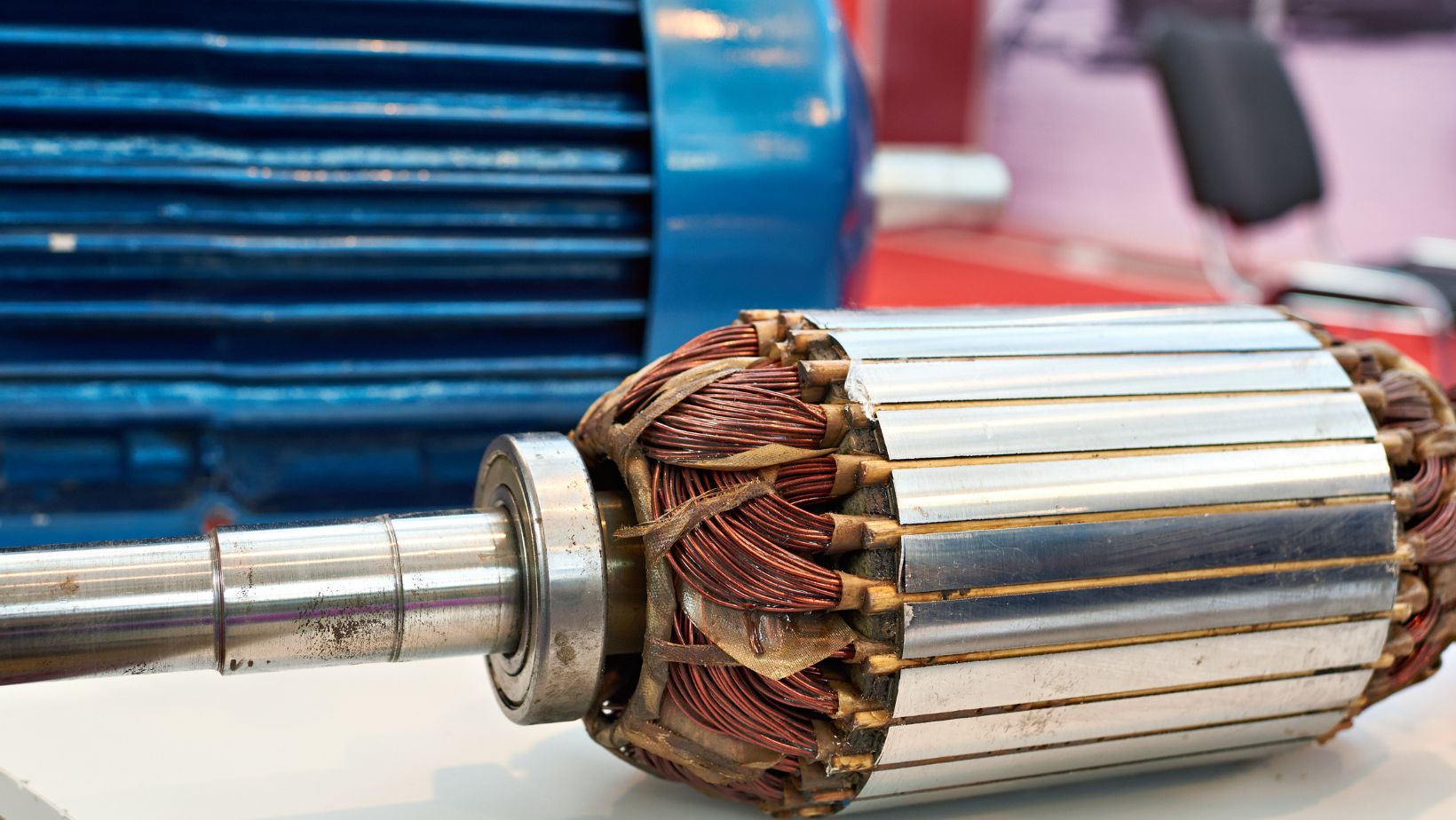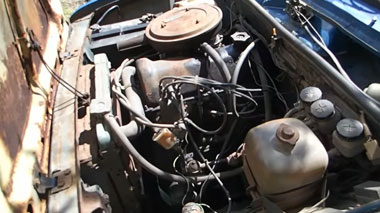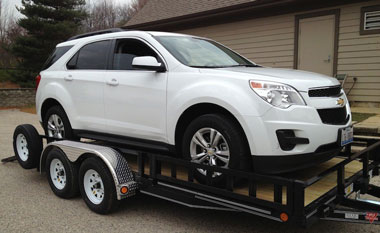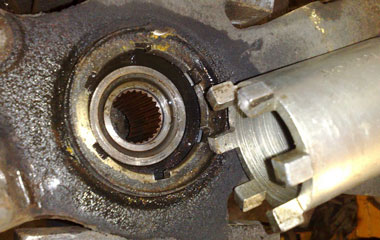
There are many potential causes of vibration when driving, and one possibility is warped rotors. Rotors can become warped from excessive heat, either from too much braking or from other factors like towing a heavy load. Warped rotors can cause vibration when not braking, as well as when braking.
The severity of the vibration will depend on how badly the rotors are warped. In some cases, the vibration may be barely noticeable, while in other cases it may be quite severe. If you suspect that your rotors may be warped, it’s important to have them checked by a qualified mechanic so that they can determine if they need to be replaced.
If your car is vibrating when you’re not even braking, it’s likely that you have warped rotors. Warped rotors can be caused by a number of things, but most often, it’s simply from wear and tear. Over time, your brake pads will grind down the rotor surface, causing it to become uneven.
This can lead to vibrations when you’re driving, as well as decreased braking performance.
If you suspect that your rotors are warped, the best thing to do is take your car to a mechanic or dealership for an inspection. They’ll be able to tell for sure if your rotors are the problem, and they can also replace them if necessary.
In most cases, warped rotors can be fixed with a simple resurfacing procedure. However, if they’re severely damaged, you may need to get new ones entirely.
Can a Warped Rotor Cause Shaking?
A warped rotor can cause shaking, but it is not the only possible cause. If your vehicle is shaking, it is important to have a certified mechanic inspect it to determine the cause of the problem. Warped rotors are one potential cause of shaking, but they are not the only possible cause.
Other potential causes include worn suspension components, uneven tire tread or balance, and others. A certified mechanic will be able to diagnose the problem and recommend the best course of action to fix it.

Can You Feel a Warped Rotor While Driving?
If your car’s rotors are warped, you may feel a pulsing in the brake pedal when you press it. You may also hear a grinding or squealing noise when you brake. Warped rotors can happen slowly over time from normal wear and tear, or they can happen suddenly if you hit a big pothole or curb.
If your rotors are only slightly warped, you may not notice any difference in how your car drives. But if they’re severely warped, your braking performance will suffer. Warped rotors can’t be repaired, so the only fix is to replace them.
Can Warped Rotors Cause Steering Wheel Vibration?
If your car has warped rotors, it can cause the steering wheel to vibrate. This is because the rotors are not able to grip the brake pads properly, causing a vibration. The best way to fix this problem is to have the rotors replaced.
What Happens If You Drive With Warped Rotors for Too Long?
If you continue to drive with warped rotors, you will eventually damage the brake pads and calipers. This can lead to expensive repairs or even replacement of the braking system. Warped rotors can also cause the vehicle to vibrate when braking, which is another sign that they need to be replaced.

What Causes Brake Shuddering, Shaking, and Pulsing on My Car or Truck?
Can Warped Rotors Cause Shaking While Driving
Shaking while driving can be a sign that your rotors are warped. Rotor problems are common and can often be fixed without having to replace the entire rotor. Warped rotors can cause shaking at any speed, but it is most noticeable when braking from high speeds.
If your car shakes when you brake, it is important to have it checked out by a mechanic as soon as possible to avoid further damage.
Can Warped Rotors Cause Vibration When Accelerating
Have you ever been driving along and suddenly felt your steering wheel start to vibrate? If so, it’s possible that your car has warped rotors. Warped rotors can cause vibration when accelerating, and it’s a problem that should be fixed as soon as possible.
Warped rotors can occur for a number of reasons. One common cause is brake fade, which happens when the brakes get too hot from extended use. This can happen if you’re driving down a long, steep hill or if you have to brake frequently in stop-and-go traffic.
Another cause of warped rotors is improper installation. If the brakes are not installed correctly, they can become warped over time.
If you suspect that your car has warped rotors, the best thing to do is take it to a mechanic for an inspection.
They will be able to tell for sure if your rotors are warped and recommend the best course of action for fixing the problem. In some cases, the rotors may just need to be resurfaced; however, in other cases they may need to be replaced entirely. Either way, it’s important to get the problem fixed as soon as possible so that you can avoid any further damage to your car and keep yourself safe on the roadways.
Can Bad Rotors Cause Vibration at High Speeds
Bad rotors can cause vibration at high speeds, but it is not the only reason. The most common reason for vibration is warped rotors. When your brake pads wear down, they create heat and friction.
This can cause the rotors to warp and vibrate. If your vehicle has been vibrating at high speeds, have your brakes checked as soon as possible.
Visual Signs of Warped Rotors
Warped rotors can cause a variety of problems with your vehicle. The most common problem is vibrating brakes. This can make it difficult to stop your car, and can also lead to premature wear on your brake pads and other components.
Warped rotors can also cause your car to pull to one side when you brake, and can increase fuel consumption due to the increased drag on the engine.
There are a few visual signs that you may have warped rotors. If you notice that your brake pedal is pulsing when you press down on it, this is a good indication that your rotors are warped.
You may also see uneven wear on your brake pads, or hear unusual noise coming from your brakes when you apply them. If you suspect that your rotors are warped, it’s important to have them inspected by a qualified mechanic as soon as possible so that they can be repaired or replaced if necessary.
Conclusion
Warped rotors can cause vibration when not braking. This is because the rotors are not able to evenly distribute the weight of the vehicle when braking. When this happens, the rotors can become warped and cause the vehicle to vibrate.






































